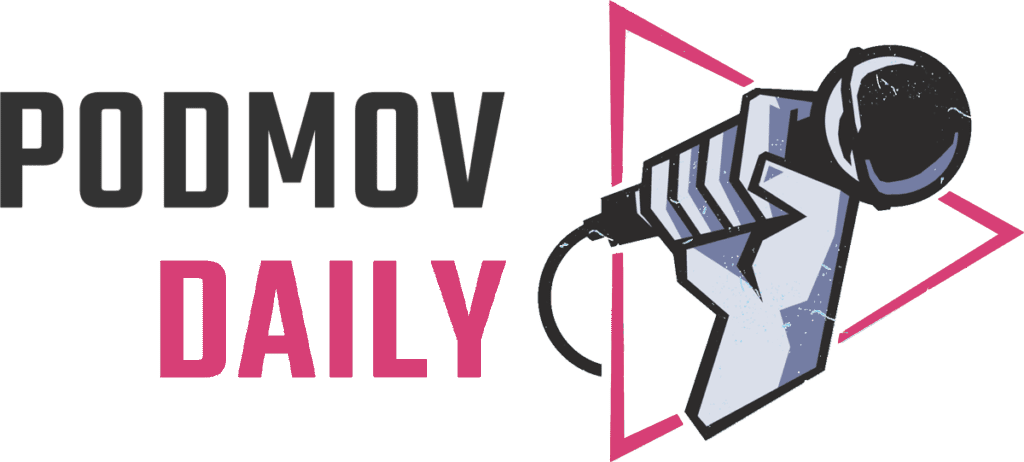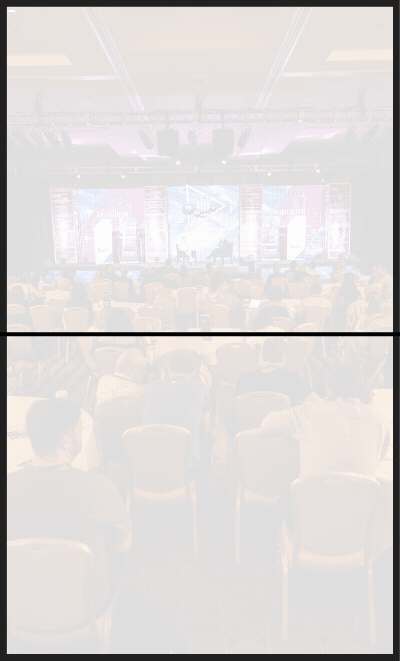

PodMov Daily: Thursday, June 9
Episode 662: Your Thursday Podthoughts

Spotify’s Other Profitable Move is Under the Radar
Podcasts aren’t yet profitable for Spotify, but the company is determined to see returns on its $1 billion investment within the next two years. CCO Dawn Ostroff told investors yesterday that podcasts brought in about $215 million last year. (Sure puts that $200 million Joe Rogan price tag into perspective.)
Onstage at Investor Day, CEO Daniel Ek focused on the revenue potential of Spotify’s acquisitions: All of those tools, adtech, and studios add up to a “$20 billion opportunity.” Maya Prohovnik, Spotify’s new head of Talk, called RSS “outdated technology” that’s holding back the rest of podcasting.
iHeartPodcast Network CEO Conal Byrne, also commented on RSS yesterday: “RSS feeds flow economic power back to publishers and creators,” he wrote in Forbes. “Even if I decide to plug the show into services like Spotify or Apple to let them carry it, the data, ads and content all flow back to me.”
Back to Spotify. One lucrative development that didn’t come up (as far as we’re aware) was the decision to bring back political ads. The company suspended them in 2020, but now plans to run them “across thousands of podcasts on and off Spotify,” the company told potential partners last month.
Despite serious problems with content review and enforcement, Spotify is going into the 2022 election cycle without establishing a public ad library. This is unusual. Google and Facebook (ok, Meta) both maintain open archives – it’s considered standard for major tech platforms that run political ads on their sites.
A lack of “robustness” in its systems was the original reason for stopping political ads. Those systems have since been strengthened, a spokesperson told Protocol. We’ll see. Candidates, parties, and PACs spend staggering amounts on advertising, more and more of which is packed with misinformation.
Spotify promises political advertisers the ability to use contextual targeting, one of the adtech innovations celebrated yesterday. AI insertion and political messaging are a risky mix, but not necessarily for investors. It’s been shown that oversight-related fallout has little impact on Spotify’s subscriber base.
For dessert, this sentence from TechCrunch about Investor Day: “Each new show created on Anchor brings in an additional 2.5 million monthly active users to the service.” That misplaced ‘million’ just about made your editor fall out of her chair. (The number is of course 2.5. We’ve let them know.)

Nomono: Love Field Recording? Love Your Gear.
Field recording can get complicated – no one knows better than podcasters. Nomono simplifies recording, production, and collaboration for creators on the move. Completely wireless from microphone to cloud, Nomono’s self-contained recording kit takes the hassle out of making great content.
The Wi-Fi enabled Nomono Sound Capsule combines four ultra-compact lavalier mics with a 360-degree spatial audio microphone array. With automatic backup, full mobile app controls, and advanced processing capabilities, it’s a broadcast journalist’s dream. Best of all, it weighs less than four pounds.
Nomono’s companion cloud service and web app make team organization effortless. (Explore for free in public beta to see the magic in action.) Ready for projects that move faster and sound better? Designed and manufactured in Norway, hardware will be available soon in the Nordics, US, UK, and EU.
Here's what else is going on:
- Worth it: Americans are buying their way out of audio ads “(with actual money).” Edison Research reports the highest shift among listeners 34 and younger. In 2015, their daily time spent with ad-free audio was 35%. That number has since risen to 50%. Whether in time or in cash, everyone pays.
- Cruise control: “How to Be a Good Podcast Guest” from Radio Boot Camp is next Thursday, June 16. NPR editor and producer Jennifer Vanasco will dig into pre-interview questions to ask, how to prepare well (prep can often backfire), and how to come across as relaxed and natural. $100 registration.
- Turbo mode: Crooked Media has partnered with Adobe to caption some of the network’s popular podcast videos. AI speech-to-text speeds up turnaround for Crooked’s team, “who aim for just 3 hours between the moment the producer hits ‘stop recording’ to when the podcast episode is live.”
- House blend: From award-winning producer Andrew Wardlaw, Transom’s Mixing Tune-Up guide takes the technical fear out of the DAW. “We’ll knock out common trouble spots and build your confidence with the machine, so you can spend your energy making better creative decisions.”






Join the Movement